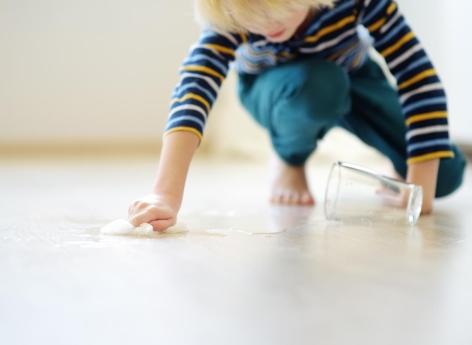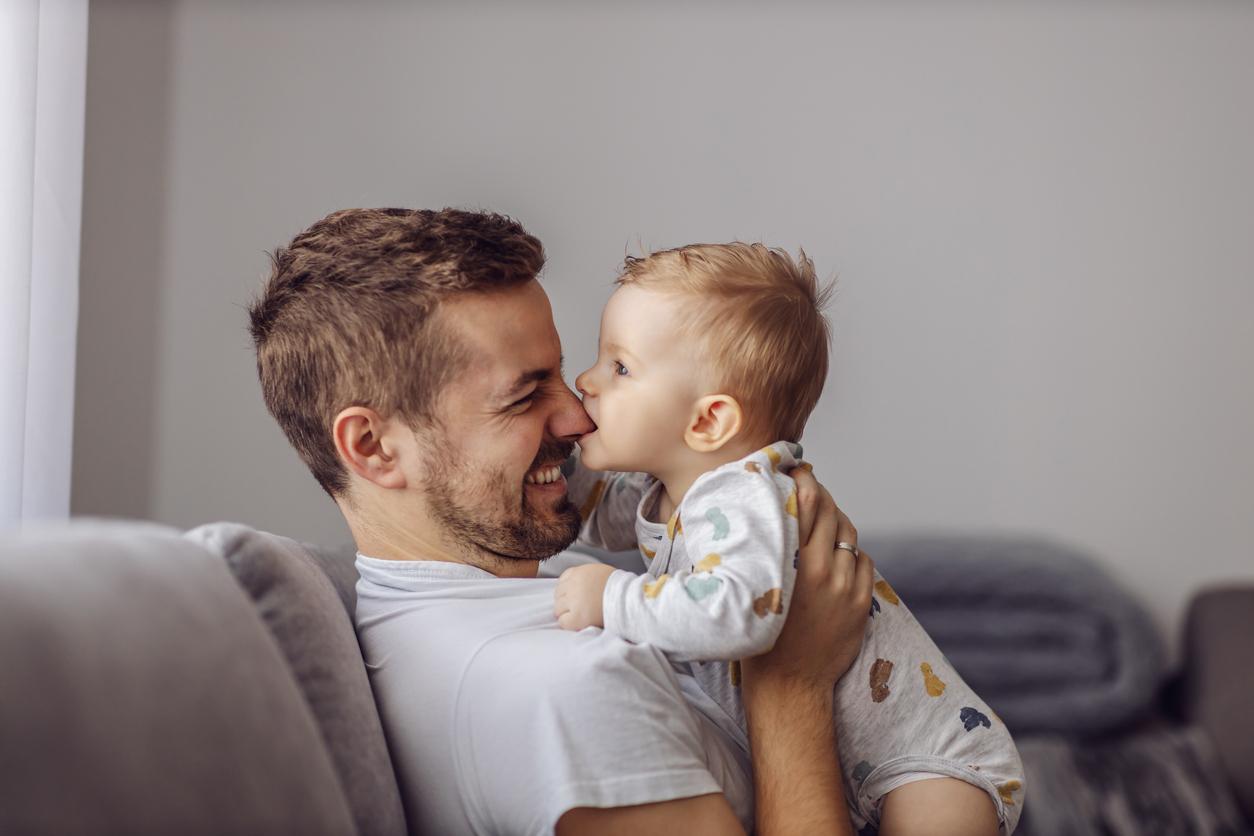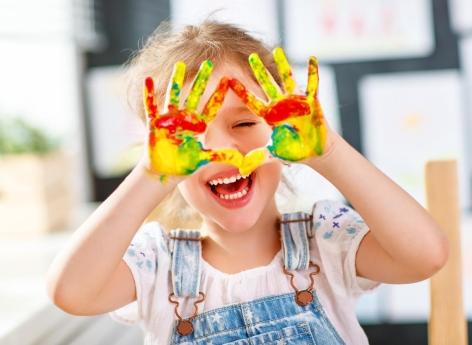INTERVIEW – For the first time, a campaign highlights the consequences of educational verbal violence.

“If I had known, I wouldn’t have had children. Words are harsh and can hurt as much as blows. This violence does not leave traces on the body. But their consequences can last into adulthood.
For its latest campaign, the Observatory of Ordinary Educational Violence (OVEO) decided to focus on verbal violence.
Launched on September 12, the event draws the attention of parents to the impact of educational practices that may seem trivial. Remonstrances, regrets, comparisons with siblings … Behind these sentences hides a real suffering, too often ignored.
Through a short movie, OVEO and two specialist associations (Stop VEO, Childhood without violence) retrace the journey of five adults marked for life by hurtful words. “You have always been slower than your brother”, “What have I done to have a son like you …” Remarks which may seem trivial but whose echo endures. Decryption with the coordinator of this campaign, Dr Gilles Lazimi, member of the High Council for Equality between Women and Men.
What does ordinary educational violence cover?
Dr Gilles Lazimi : Everything is going to affect the integrity of the child: the blows, the slaps, the words… This is commonly used by parents, thinking that it is useful for education. In reality, it is violence.
Last year, we had the joy of seeing the law on parental authority passed, excluding any humiliating gesture or treatment. It was unfortunately retoquée by the Constitutional Council for reasons of form. Even today, France is in violation because it does not apply the Convention on the Rights of the Child.
Why did you launch this campaign?
Dr Gilles Lazimi : It had never been done. However, everything concerning children is minimized, and in particular verbal violence. We allow ourselves to strike them with sentences and words that can have consequences on their health. This campaign seeks to make parents think about the fact that certain words, tolerated by all, can have repercussions on the child’s development, his self-esteem …
Dr Gilles Lazimi : ” We are understanding that this violence has an impact on the development of the child, the relationships they will have … “
These consequences can last into adulthood. I think all doctors encounter anxious, stressed patients. When questioning them, we often find that they have sentences in their heads that made them so. Awkwardly, the parents hit them as they received them from their parents. Above all, we redo what we have undergone, consciously or not.
How can we help parents improve their practices?
Dr Gilles Lazimi : It is difficult to be a parent. But when you help them think about the words that are being spoken, they do it better. It is important to encourage your children. To thrive, you need love, kindness and encouragement. Words that hurt do not move children forward. There is no point in telling a child that he sucks.
These are banal teaching methods. Rather, we tell a child that he has the right to make mistakes, that we succeed by dint of trying again. Instead of preventing him from crying by yelling at him, he is told that he has the right to cry. Then we see with him the cause of his grief, we try to help him.
As parents, we must above all stop saying “we are stressed”. At work, we don’t argue. You get there. At home, it’s the same. We must not give in to anger and understand that the child is not his punching bag.
Dr Gilles Lazimi : ” Some parents say terrible things, others are awkward. When repeated, these phrases are written in the memory of a child. “
.















